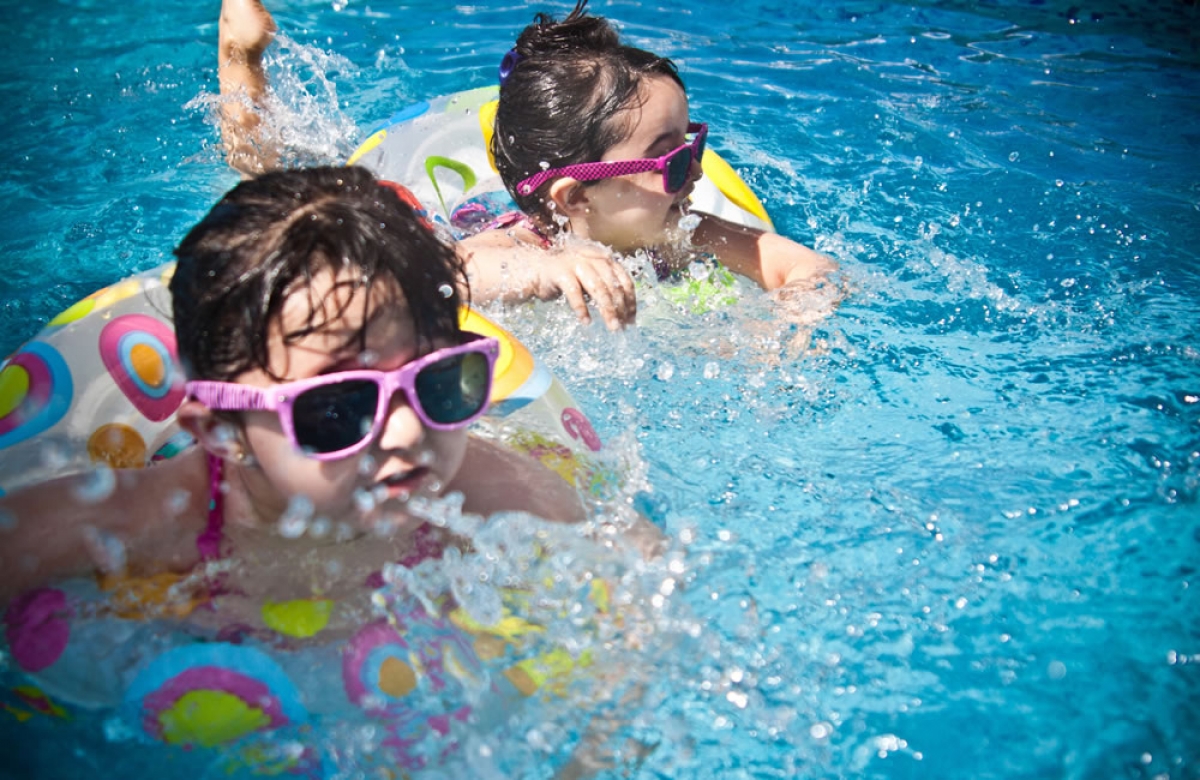The sun is shining and the aroma of barbeque fills the air—a beautiful day for swimming—and the last thing you want to worry about is catching an STD in a swimming pool. There are so many STD misconceptions floating around the internet and in regular speech that it can be difficult to tell fact from fantasy at times. But we’re here to correct the record!
So, is it possible to contract an STD via a swimming pool? As always, if you are experiencing symptoms, you should see your healthcare provider or a local STD testing clinic to get a proper diagnosis. But, by adding additional context to this inquiry, we aim to alleviate your anxiety.
Is It Possible To Contract An Std From A Public Swimming Pool?
The short answer is no, no one will develop an STD like gonorrhea, chlamydia, or hepatitis B from a swimming pool or hot tub. But there’s more to it than that. While many illnesses, such as cryptosporidium (typically transmitted through fecal matter), can be transferred in a pool or hot tub setting, they are more commonly distributed in pools that would fail a public pool, hot tub, or spa inspection. Bacteria and viruses have a far more difficult time growing in pools or hot tubs that have been properly treated with the appropriate doses of chlorine and brought to a suitable PH level.
Transmission is rare as long as people’s bodily fluids remain within their bodies and pool water is appropriately treated according to criteria such as The Model Aquatic Health Code.
3 While swimming in a pool or hot tub is unlikely to result in the transmission of an STD, participating in sexual activity while in the pool puts you at risk.
Pool and Hot Tub Sexual Health Tips
With this knowledge, there are a number of activities you may take to reduce your chance of contracting any type of water-borne infection (STD or not). Showering after swimming, drying your ears, visiting recreational pools with regular cleaning inspections, and keeping a personal towel are all good habits to develop in addition to the suggested routine STD testing.
In relation to public pools and hot tubs, the following are some frequently asked questions and sexual health guidelines.
Is It Possible To Contract An Std From Sharing A Swimming Pool?
Answer: There is no evidence that casual swimming in a public pool poses a risk of STD transmission.
STDs can thrive in water.
Yes, theoretically, some STDs may live in water. However, because to considerations such as water treatment and dilution, water is unlikely to be a strict mode of transmission.

What are the dangers of engaging in sexual activity in a pool or hot tub?
Answer: Every sexual contact, including that in swimming pools or hot tubs, has some level of danger. This is because contact with the permeable membranes of the vagina or penis increases the chance of infection transmission from one person to another.
Can Stds Be Transmitted Through Swimming Suits?
Answer: Body fluids are a major vector of STDs, and practically, they may travel through bathing suits. It is unlikely that you may catch an STD from water flowing through your bathing suit when you swim casually, however infected bodily fluid may travel through bathing suits if sexual contact is involved.
Is It Possible To Contract An Std Via A Beach Towel?
While not as common as direct sexual contact, trichomoniasis has been found to spread through the sharing of damp towels or bathing suits, according to the Naval Medical Center Portsmouth.
Conclusion
Finally, STDs should not be a concern if you attend regularly cleaned swimming pools, avoid sexual contact while in the water, and bring your own pool towel. Care for your sexual health is always encouraged, but it can be challenging when fact and fiction collide.


